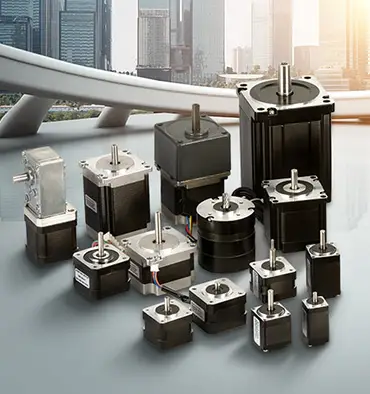Does stepper motor need encoder?
The question of whether or not a stepper motor needs an encoder is a common one in the world of motion control. In short, the answer is yes, a stepper motor does typically need an encoder in order to function properly and achieve high levels of precision.
A stepper motor is a type of electric motor that is used in a wide range of applications, including 3D printers, CNC machines, and other types of automated equipment. Unlike a conventional DC motor, which uses a continuously rotating magnetic field to generate motion, a stepper motor uses a series of electromagnetic coils to produce discrete, step-like movements. This makes it an ideal choice for applications that require precise, high-resolution motion control.
However, there is one significant disadvantage to using a stepper motor: it is prone to losing synchronization with the drive signal, which can result in lost steps and reduced precision. This is where an encoder comes into play. An encoder is a device that is attached to the motor shaft, and it provides feedback to the drive electronics about the position and speed of the motor. This allows the drive electronics to compensate for any lost steps and maintain precise control over the motor's movement.
There are several different types of encoders that can be used with a stepper motor, including optical, magnetic, and inductive encoders. Each type has its own unique advantages and disadvantages, so the best choice will depend on the specific application and requirements. For example, optical encoders are often the most accurate and reliable, but they can be more expensive and fragile compared to other types.
In general, it is always recommended to use an encoder with a stepper motor in order to achieve the best possible performance and accuracy. Without an encoder, a stepper motor is likely to experience lost steps and other issues that can reduce its precision and reliability. This can be especially problematic in applications where high accuracy and repeatability are critical, such as in medical equipment or scientific instruments.
In conclusion, while it is technically possible to operate a stepper motor without an encoder, it is generally not recommended. Encoders provide the feedback necessary to maintain precise control of motor motion and can greatly improve stepper motor performance and reliability.


Leave a Reply